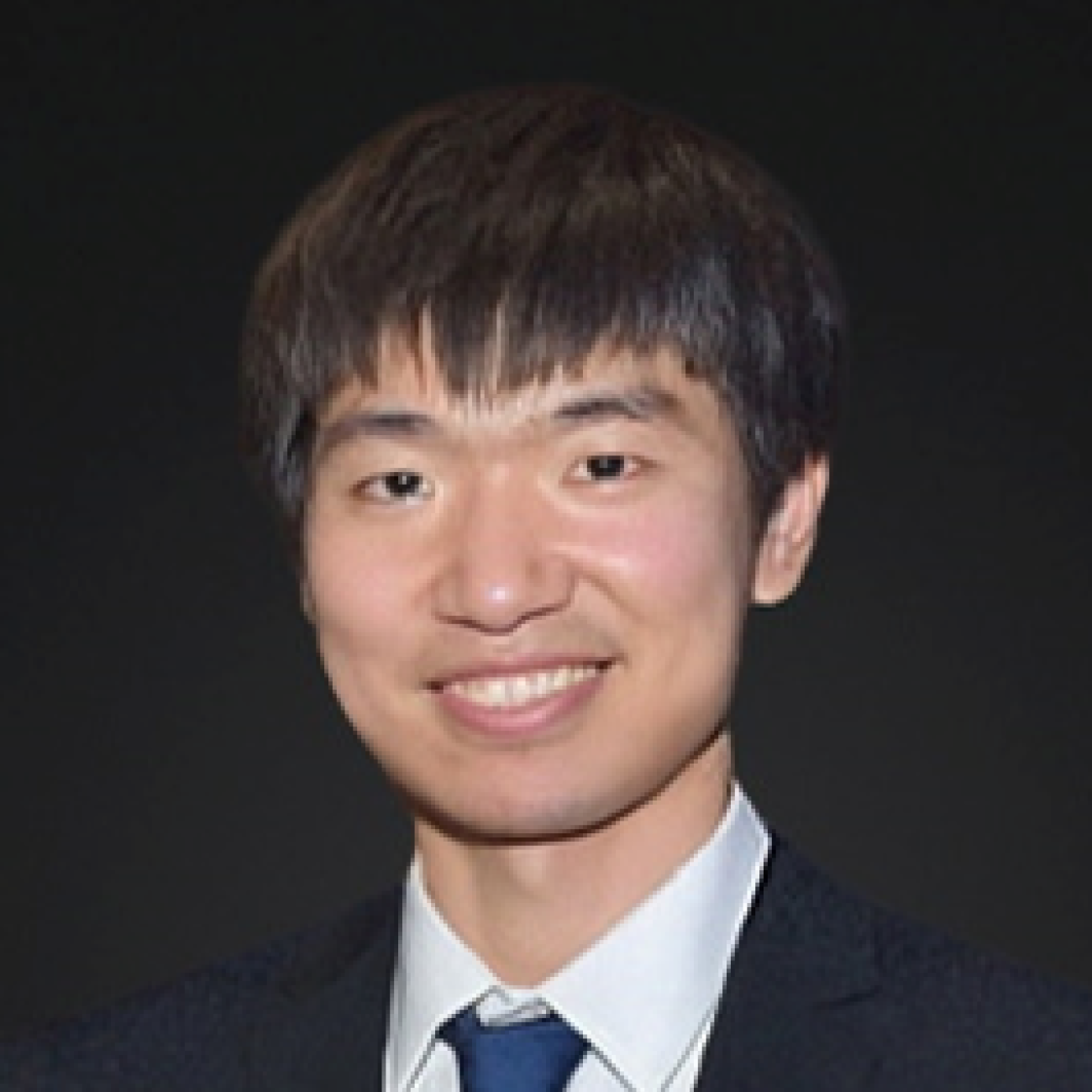Dr. Kai Chen will join the Department of Chemistry at the University of Pennsylvania as an Assistant Professor in January 2026. His research integrates chemical biology, protein engineering, and genome editing to develop molecular tools and delivery platforms for understanding biological systems and advancing therapeutic applications. As a postdoctoral researcher in Jennifer Doudna’s lab at UC Berkeley, he engineered CRISPR-Cas systems and lipid nanoparticle (LNP) vehicles to enable precise, tissue-specific genome editing in vivo. During his Ph.D. with Frances Arnold at Caltech, he employed the strategy of directed evolution to expand the catalytic repertoire of natural enzymes. At Penn, his lab will combine chemical biology, molecular biology, biomolecular engineering, and genome editing to investigate protein and gene function, as well as to develop next-generation biomolecular therapeutics.
B.S., Chemistry, Zhejiang University (2008 – 2012)
Research Fellow, Zhejiang University (2012 – 2015)
Ph.D., Chemistry, California Institute of Technology (2015 – 2020)
Caltech Herbert Newby McCoy Award (2020)
Caltech Milton and Francis Clauser Doctoral Prize (2020)
Postdoctoral Researcher, University of California, Berkeley (2020 – 2025)
Life Science Research Foundation (LSRF) Postdoctoral Fellowship (2021 – 2024)
Rett Syndrome Research Trust (RSRT) Award (2025)
The Chen lab will develop biomolecular tools and delivery platforms to probe gene and protein function in mammalian systems, as well as to advance therapeutic development. By integrating chemical biology, molecular biology, biomolecular engineering, and genome editing, the lab will focus on:
1. Protein engineering and directed evolution:
Developing mammalian cell-based directed evolution platforms to optimize functional proteins with enhanced functionalities for research and therapeutic applications.
2. Genome editing and RNA-guided enzymes:
Engineering CRISPR-Cas systems to improve their precision, efficiency, and versatility in mammalian systems, with an emphasis on genome editing strategies for therapeutic gene modulation.
3. Epigenetic regulation and functional genomic studies:
Repurposing nucleic acid-modifying enzymes for targeted epigenetic editing and gene regulation, and creating novel molecular tools to enable functional genomic studies in complex biological systems.
4. Targeted delivery and nanomedicine:
Designing nanoparticle-based delivery systems functionalized with engineered biomolecules to achieve targeted delivery of therapeutic nucleic acids and proteins in vivo.
These research directions aim to uncover the fundamental biomolecular mechanisms underlying cellular regulation, while enabling molecular approaches for therapeutic development.
(1) Chen K, Han H, Zhao S, Xu B, Yin B, Lawanprasert A, Trinidad MI, Burgstone BW, Murthy N, Doudna JA. Lung and liver editing by lipid nanoparticle delivery of a stable CRISPR-Cas9 ribonucleoprotein. Nat. Biotech. (2024). DOI: 10.1038/s41587-024-02437-3.
(2) Eggers AR, Chen K, Soczek KM, Tuck OT, Doherty EE, Xu B, Thornton BW, Trinidad MI, Yoon PH, Doudna JA. Rapid DNA unwinding accelerates genome editing by engineered CRISPR-Cas9. Cell 187, 3249–3261 (2024).
(3) Chen K, Stahl EC, Kang MH, Xu B, Allen R, Trinidad M, Doudna JA. Engineering self-deliverable ribonucleoproteins for genome editing in the brain. Nat. Comm. 15, 1724 (2024).
(4) Chen K, Arnold FH. Engineering new catalytic activities in enzymes. Nat. Catal. 3, 103–113 (2020).
(5) Chen K, Arnold FH. Engineering cytochrome P450s for enantioselective cyclopropenation of internal alkynes. J. Am. Chem. Soc. 142, 6891–6895 (2020).
(6) Zhang RK, Chen K, Huang X, Wohlschlager L, Renata H, Arnold FH. Enzymatic assembly of carbon–carbon bonds via iron-catalysed sp3C–H functionalization. Nature 565, 67–72 (2019).
(7) Chen K, Zhang SQ, Brandenberg OF, Hong X, Arnold FH. Alternate heme ligation steers activity and selectivity in engineered cytochrome P450-catalyzed carbene transfer reactions. J. Am. Chem. Soc. 140, 16402–16407 (2018).
(8) Chen K, Huang X, Kan SBJ, Zhang RK, Arnold FH. Enzymatic construction of highly strained carbocycles. Science 360, 71–75 (2018).
(9) Kan SBJ, Huang X, Gumulya Y, Chen K, Arnold FH. Genetically programmed chiral organoborane synthesis. Nature 552, 132–136 (2017).
(10) Kan SBJ, Lewis RD, Chen K, Arnold FH. Directed evolution of cytochrome c for carbon–silicon bond formation: Bringing silicon to life. Science 354, 1048–1051 (2016).
(11) Chen K, Shi BF. Sulfonamide-promoted palladium(II)-catalyzed alkylation of unactivated methylene C(sp3)–H bonds with alkyl iodides. Angew. Chem. Int. Ed. 53, 11950–11954 (2014).
(12) Chen K, Hu F, Zhang SQ, Shi BF. Pd(II)-catalyzed alkylation of unactivated C(sp3)–H bonds: Efficient synthesis of optically active unnatural α-amino acids. Chem. Sci. 4, 3906–3911 (2013).

